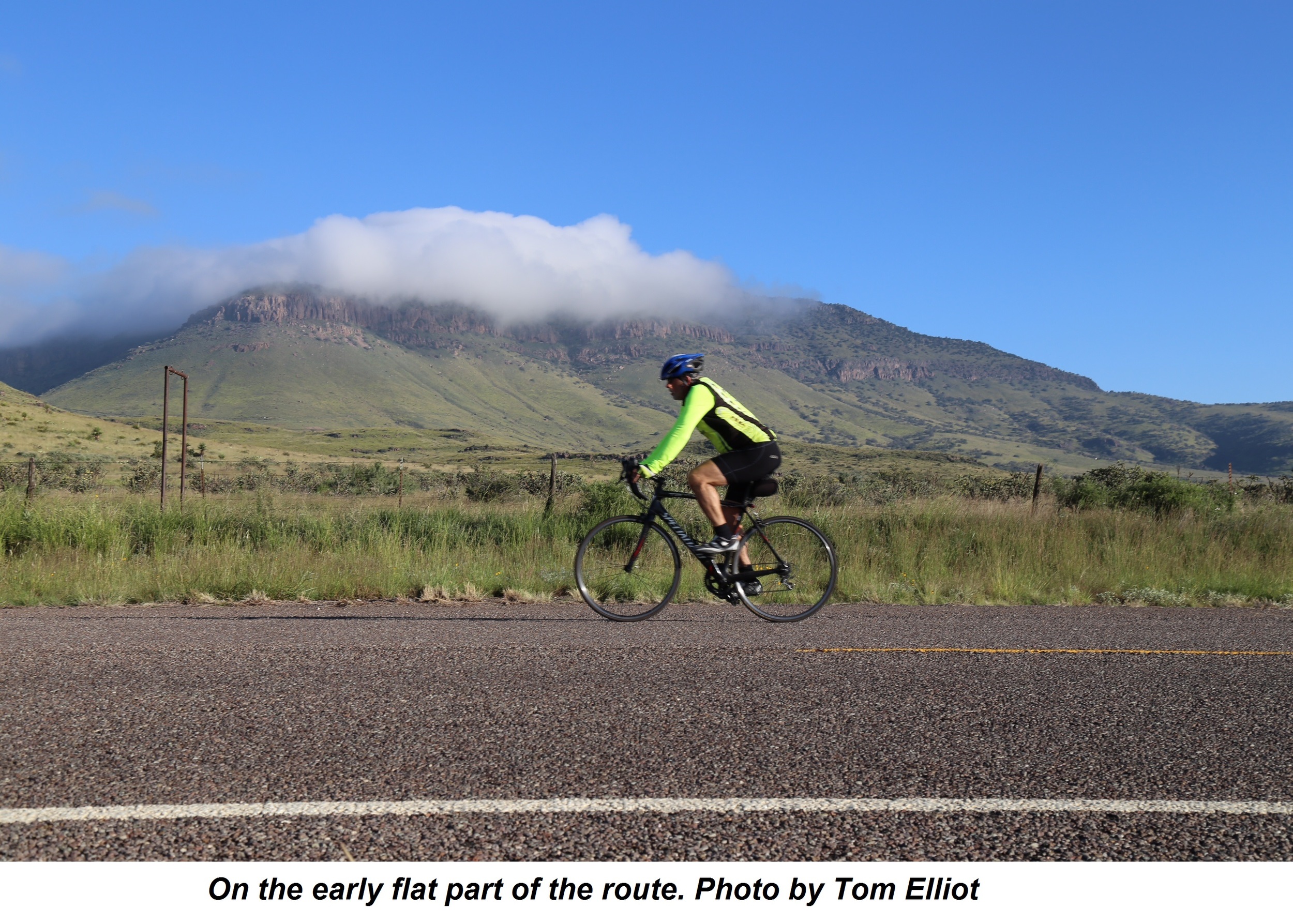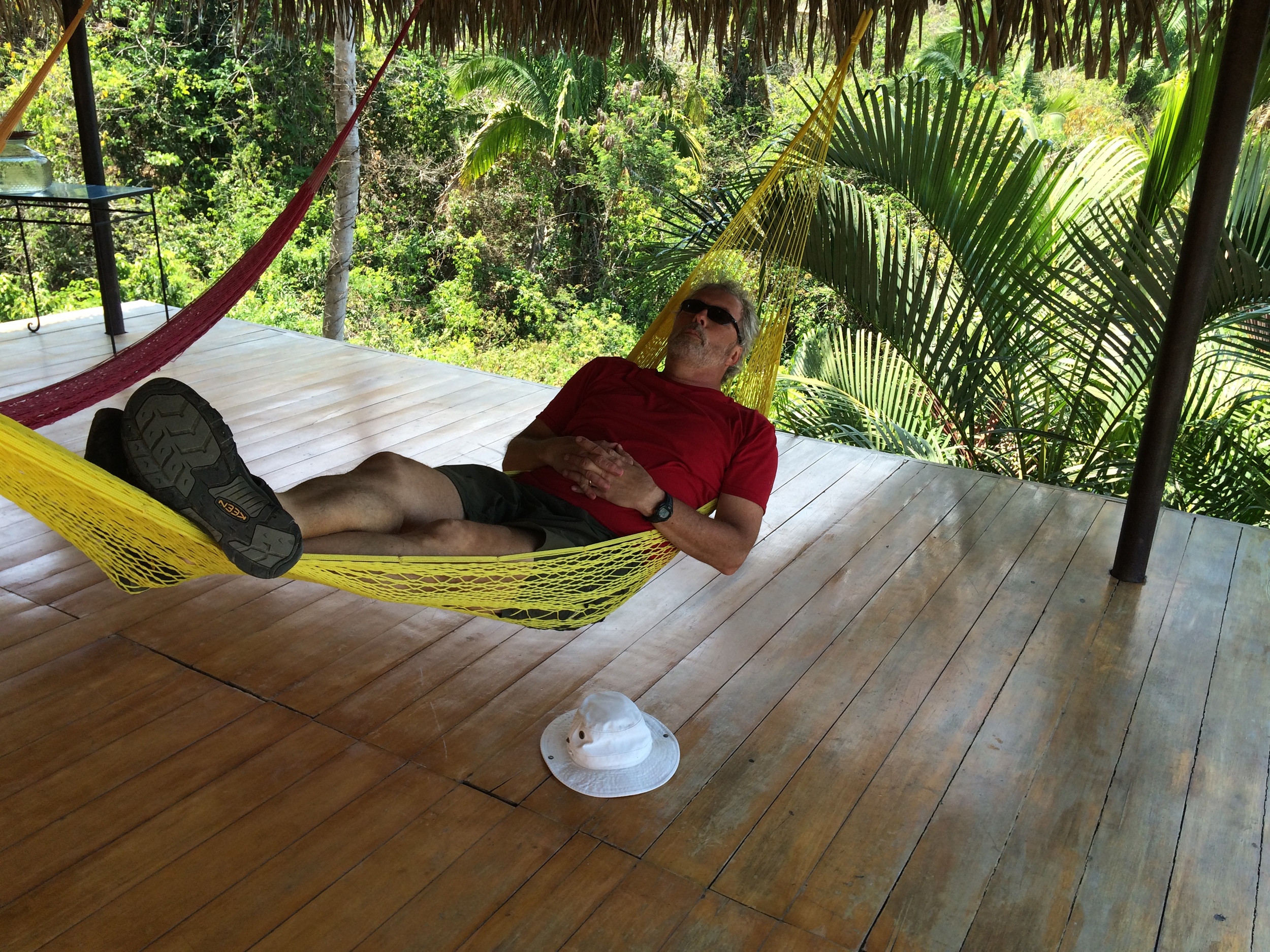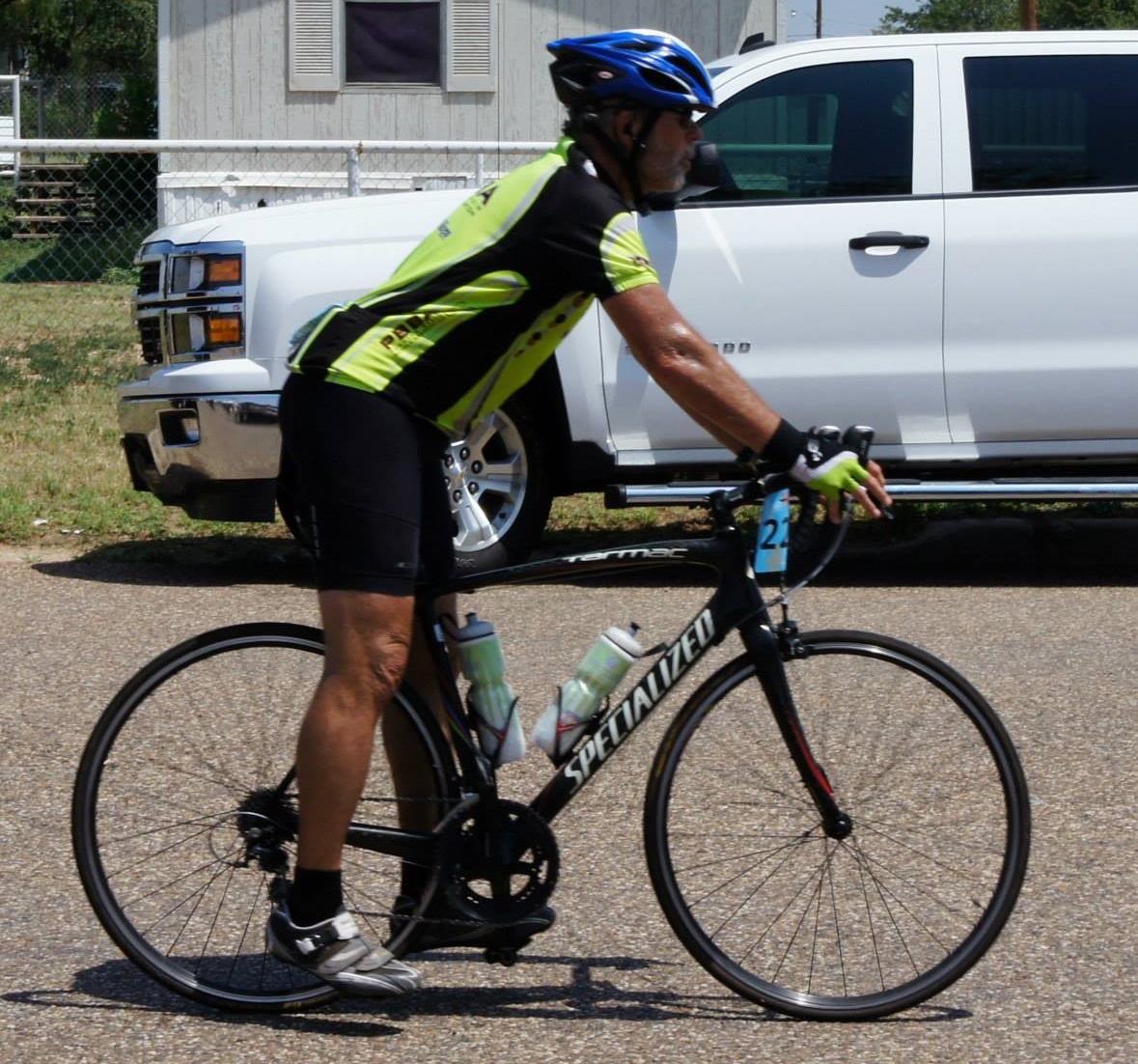Climbing to the Top
/Why are the most difficult adventures often so satisfying? How can pain and discomfort be so much fun we want to do it again as soon as possible? Hard to say.
One reason is the challenge to perform better next time. It’s like running your first marathon. The first time is to conquer your fear of the distance; the next time is to conquer the race itself.
Last Saturday I rode in the 34th Annual Ft. Davis Cyclefest, a 76-mile bike tour in the Davis Mountains of West Texas. It was my first time to ride this event, but I’ve been hearing about it for decades.
 The race flyer said, “Ride the Scenic Loop; some VERY hard climbs.” That was a correct assessment. Even so, the climbs were harder than I expected.
The race flyer said, “Ride the Scenic Loop; some VERY hard climbs.” That was a correct assessment. Even so, the climbs were harder than I expected.
What I mean is - I knew they would be tough, and since there is no place for hill training where I live, I knew I wouldn’t be strong. It turned out to be the hardest physical thing I’ve ever done. At least a dozen times I found myself riding in my lowest gear, mashing down the pedals, trying to keep enough forward momentum to stay upright so I wouldn’t fall over with my feet clipped into the pedals. The hardest thing is you can’t quit unless you want to get off your bike and push it the rest of the way up. You have to keep moving.
On one of the climbs, I believe it was Fisher Mountain, the rider in front of me was weaving back and forth in big sweeping arcs, creating their own version of switchbacks, trying to reduce the grade just a tiny bit. I was too afraid to try that, scared of wasting energy turning my handle bars. I just kept creaking forward.
But I made all the climbs and never got off my bike to walk. I rode all the way up every time. That small thing felt like victory to me.
I can’t wait to try them again. I’ll be better next time (OK, OK, maybe I won’t do better if I get the flue, or if it’s snowing, or if my legs are shot from dancing all night with Cyndi, but besides all that); next time I’ll know what to expect. I have an entire year ahead of me to practice mashing my pedals, and I’m no longer afraid of the distance.
I’ll be better, but I don’t expect it to be easier. As American cyclist Greg LeMond famously said, “It doesn’t get any easier; you just go faster.”
Taking on difficult adventures that include pain and discomfort isn’t about being a masochist. It’s about being brave. Most of us can live every day of our life never knowing if we are brave; so we push the limits to find out. After I climbed my last hill I knew I had used all I had. I was brave enough for one day. I was done.
Except, I wasn’t. Every climb has a fun downhill on the other side, and those downhills are rejuvenating. It is wonderful to fly down the mountain (even though I won’t descend with the reckless abandon of the youngsters who passed me). I started feathering my brakes whenever I approached 35 mph. That was fast enough for me. I kept thinking, if I crash on this road Cyndi will kill me and then sell my bike. (Later, after I got home, I looked at my GPS and discovered I actually hit 36.5 mph as my fastest speed, but don’t tell Cyndi. She thinks I held it at 35.)
It was a great day. It was hard. I got faster. The burger I ate afterwards was perfect. The fast guys up front had showered and napped by the time I crossed the finish, but I’m OK with that.
George Sheehan once wrote: “There are those of us who are always about to live. We are waiting until things change, until there is more time, until we are less tired, until we get a promotion, until we settle down / until, until, until. It always seems as if there is some major event that must occur in our lives before we begin living.” I lived that way too many years; I don’t want to live like that anymore. I’m grateful that at 58 years old I can still have adventures like this, and more, that I have room for improvement.
My prayer, as I got off my bike at the end of the ride, is consistent and true: God, thanks for keeping me safe today, thanks for keeping me fit enough to do things like this, thanks for giving the heart and desire to try, and most of all, thank You for giving me one more turn.
“I run in the path of Your commands, for You have set my heart free.” Psalm 119:32
Read and subscribe to my weekly blog, read daily writing on Tumblr, and follow me on Twitter and Facebook.





 I’ve watched this scene so many times and I always thought it sad he had to destroy everything. For most of us, our most cherished possessions are the photos and stories of our life.
I’ve watched this scene so many times and I always thought it sad he had to destroy everything. For most of us, our most cherished possessions are the photos and stories of our life.









